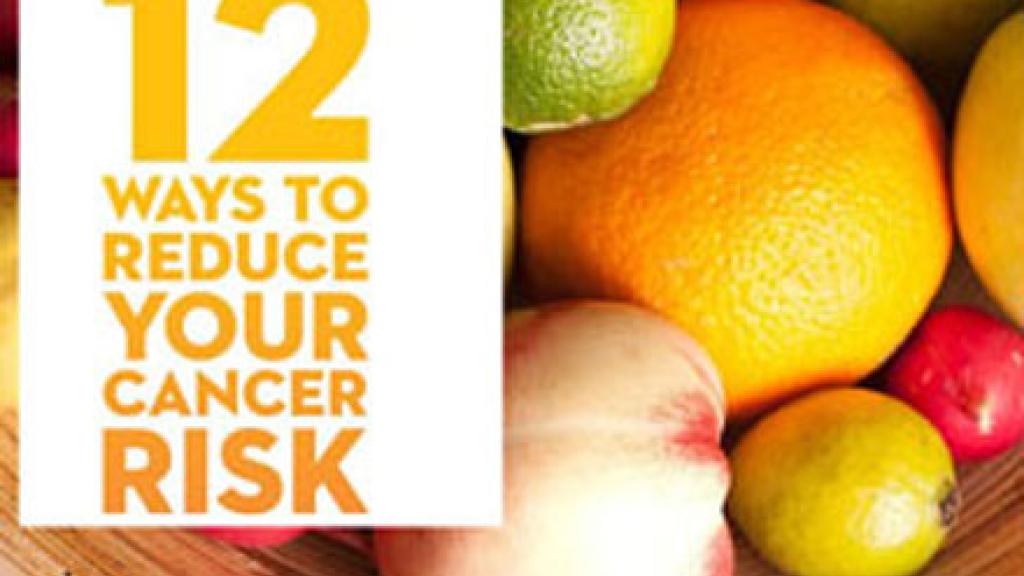
Cancer prevention now vital says Irish Cancer Society as cancer causes one in three deaths in Ireland
The Irish Cancer Society has called for government action in light of the latest report from the National Cancer Registry of Ireland (NCRI) which shows that cancer accounts for 30 per cent of all deaths in Ireland.
The report, which looked at cancer incidence in Ireland for the period 1993-2013, also revealed that the number of new cancer cases diagnosed annually continues to rise with 37,000 people now diagnosed each year.
The most notable increase across the cancers was in lung cancer in women which is continuing to increase steadily every year, despite levels of lung cancer in men showing signs of decrease.
According to the NCRI, the incidence of lung cancer among women has risen at a rate of two per cent annually from 1994 to 2013. Lung cancer has also overtaken bowel cancer as the second most common cancer diagnosed in women in Ireland after breast cancer. In contrast, lung cancer in men fell by one per cent annually during the same period. However, it remained the leading cause of cancer death for both women and men in Ireland during 2011-2012.
Kathleen O’Meara, Head of Advocacy and Communications at the Irish Cancer Society said: “When it comes to lung cancer, we are now seeing the long-term effects of the smoking crisis among women in Ireland. While smoking rates among women are now starting to drop, there are still large numbers of women smoking and this is of great concern. We need to support women who want to quit smoking and it is vital that we find ways for communities to be supportive places for female smokers to quit. Evidence shows that services which provide integrated nicotine replacement therapy alongside professional smoking cessation advice and support can help women to stop smoking.”
The report shows that rates of invasive cancers continued to rise in Irish women at around one per cent annually from 1994 to 2013.
Cancer rates in men also grew at one per cent each year until 2008. Since then, the incidence among men has levelled off and remained the same until 2013. The trend seen in cancer rates in men is most likely due to a reduction in prostate cancer diagnosis and a fall in the rate of male lung cancer. In contrast, the increased diagnosis of breast cancer through the BreastCheck screening programme and the growth in female lung cancer contributes to the increases seen in rates for women.
Over 40 per cent of cancers can be prevented by following the European Code Against Cancer, a simple twelve point guide which outlines how to reduce the risk of cancer and how to reduce the risk of reoccurrence for those who have had cancer. The Code emphasises the importance of avoiding tobacco, alcohol, and excessive sun exposure as well as the benefits of maintaining a healthy body weight and being physically active. It also recommends participation in organised programmes for bowel, breast, and cervical cancer screening.
With cancer numbers continuing to climb year on year, the Irish Cancer Society is calling for cancer prevention to be put on the agenda as an important public health priority.
“It is time that we start to do something to reduce the risk of cancer incidence as rates continue to increase” says Ms O’Meara. “We need to look at ways in which we can prevent cancer rather than simply focusing on diagnostics and treatment.
We know that certain cancers can be prevented by making simple lifestyle changes. This is one way that we can take on the rising incidence of cancer and we are calling for this to be addressed in the new National Cancer Strategy.”
The European Code Against Cancer sums up the steps you can take to protect yourself against cancer, and to find cancer early:
- If you smoke, plan to quit.
- Eat at least five servings a day of a variety of fruit and vegetables.
- Limit your intake of fatty foods.
- If you drink alcohol, limit your intake to no more than two standard drinks per day for men and one standard drink per day for women.
- Do brisk physical activity every day.
- Be a healthy weight.
- Protect yourself in the sun and avoid sunburn, especially in children.
- See you doctor if you notice a lump, a sore that does not heal, a more that changes in shape, size or colour or bleeds in unusual circumstances.
- See your doctor if you have ongoing problems, such as a cough, or hoarseness, or a change in bowel or bladder habit, or unexplained weight loss.
Anyone who is concerned about cancer can contact the Irish Cancer Society’s Cancer Nurseline on Freephone 1800 200 700 to speak to a cancer nurse who can offer information and support.
For information on quitting smoking, you can also call the HSE’s Quit Team, 1800 201 203. Information and support is also available through www.quit.ie.
The Irish Cancer Society’s We Can Quit programme, which is available in certain communities, offers a supportive environment for women looking to stop smoking. Find out more.
